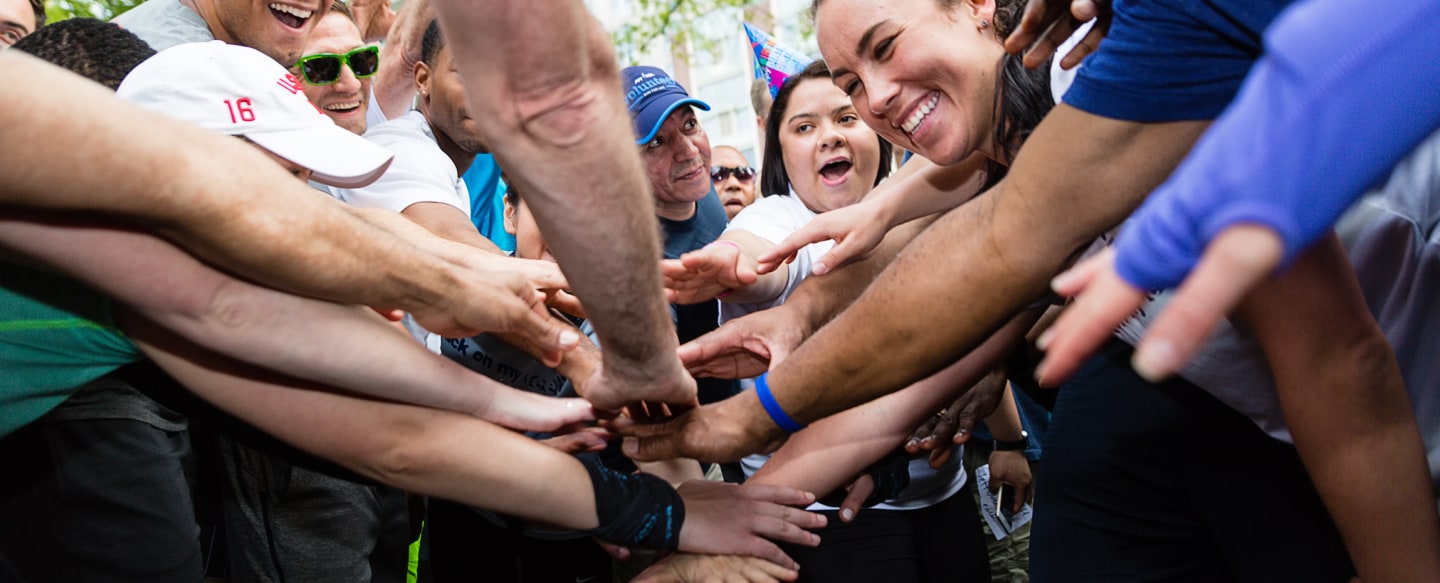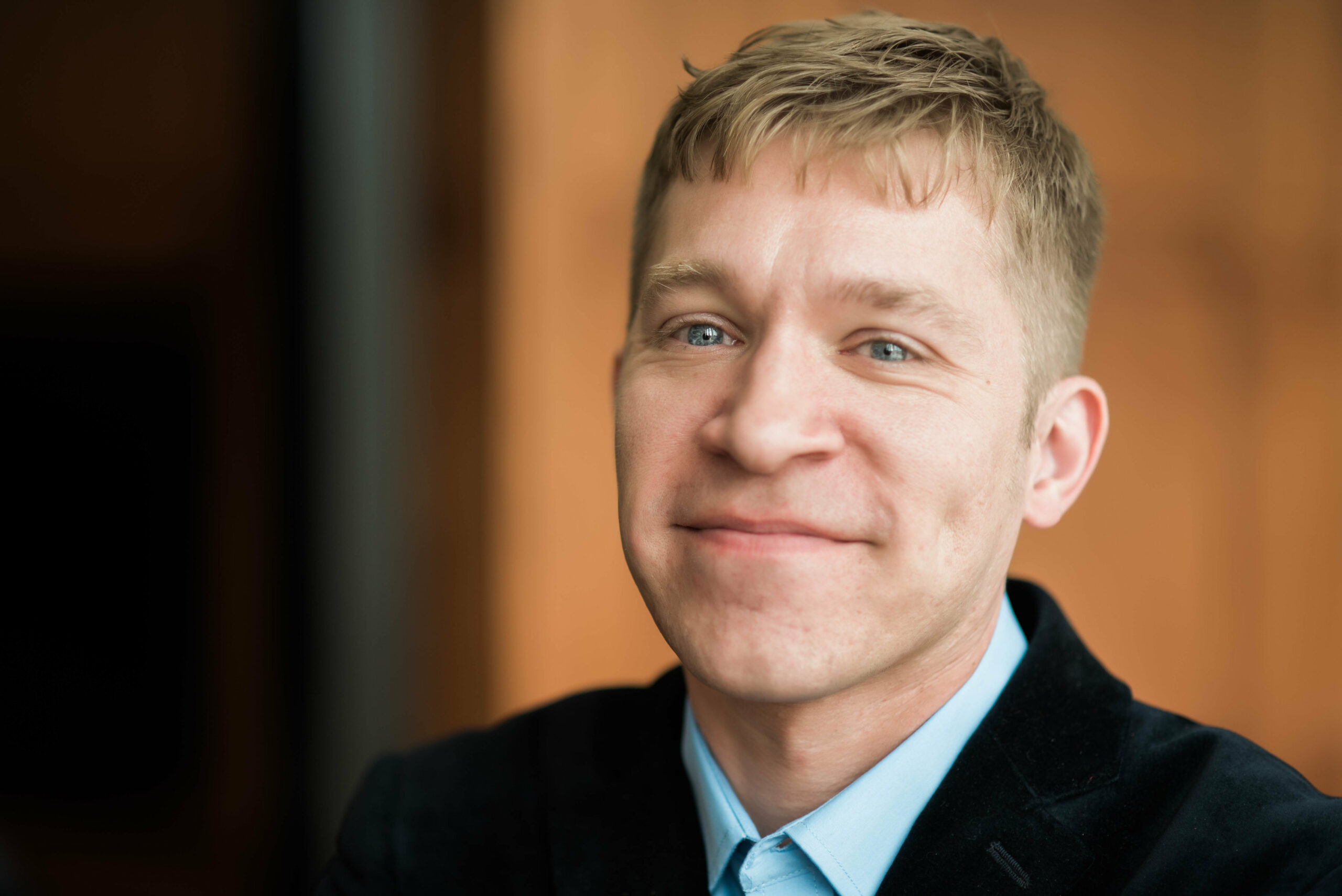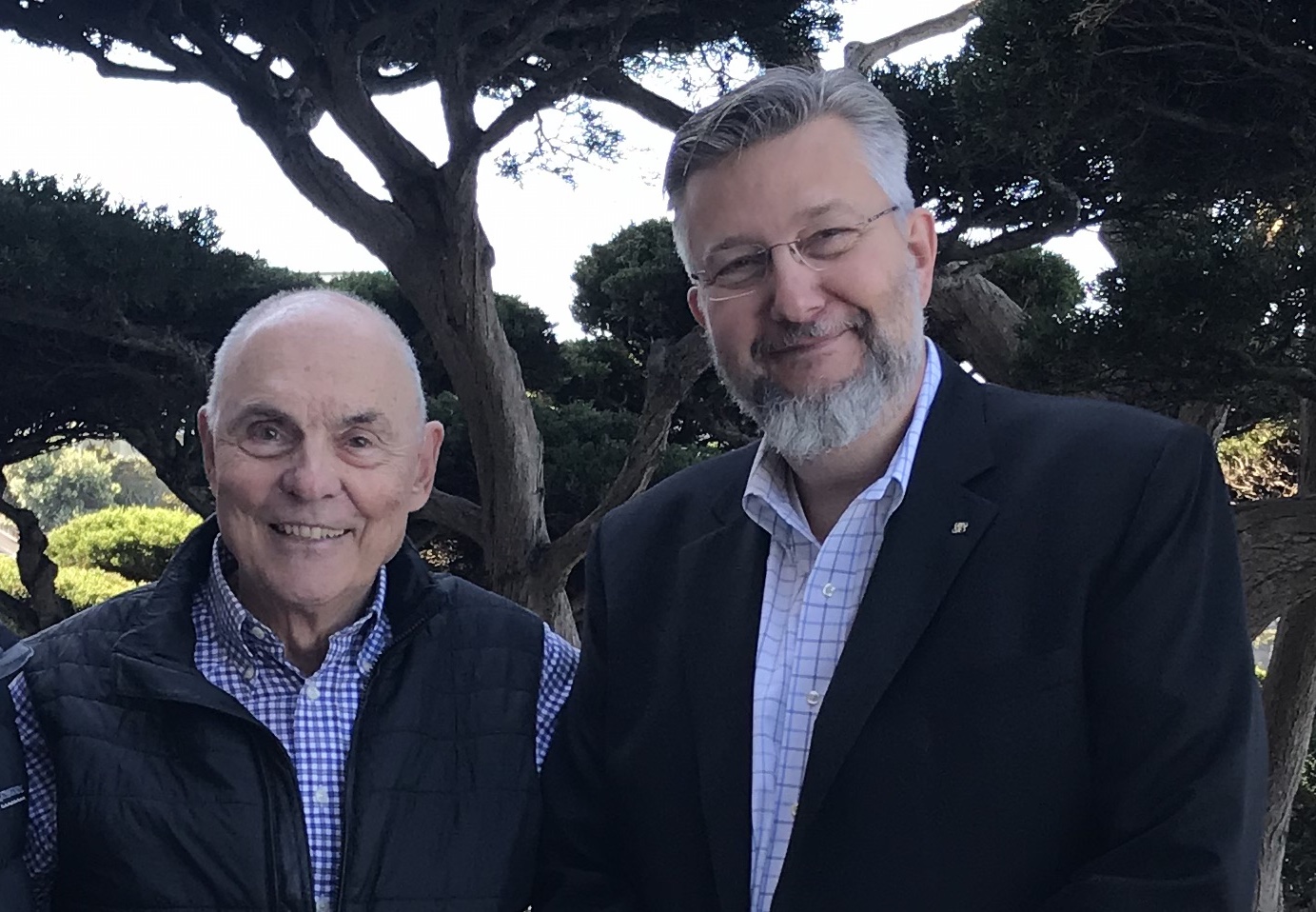Every person has something unique to contribute. Too often, though, barriers across society stifle this potential, limiting individuals’ growth and undermining the economic flourishing that creates more opportunity for all. The Charles Koch Foundation (CKF) partners with educators, innovators, and thought leaders who are working to remove those barriers.
Our work is driven by a commitment to helping people reach their potential by applying principles that history has proven lead to positive results. These principles include respect for the dignity of all and a commitment to pursuing solutions that are mutually beneficial. We believe in bottom-up empowerment and openness — that the dynamic problems of society require dynamic solutions, and that the best solutions often come from those living closest to the problem. And we believe in the principle of self-actualization: that, as individuals are able to find purpose and transform themselves, they simultaneously transform society.
As it has for the last 43 years, CKF worked with organizations and individuals committed to living by these principles to unlock the potential of every person.
Our Executive Director Ryan Stowers highlighted CKF’s work on several platforms this year, including at the ASU-GSV Summit and at Jobs for the Future’s Horizons conference, on Stand Together’s ForbesBrandVoice platform, and in publications like Innovations.
Below we provide additional highlights from 2023.
How CKF partners are transforming learning
With the cost of a four-year degree outpacing already-historic inflation, Reach University provides more affordable learning pathways. More than 1,500 individuals have enrolled in Reach’s teacher apprenticeship degree program, and Reach is now working to set quality standards for teacher apprenticeship degrees. That step will allow other bottom-up solutions for teacher training to flourish. Reach also has launched the National Center for Apprenticeship Degrees, which replicates this approach in other industries like nursing.
CKF partners are leading a movement toward skills and aptitudes-based hiring that will unlock opportunities for the more than 60 percent of Americans without a four-year degree. Opportunity@Work convinced Maryland and several other states to end degree requirements for most government jobs; SHRM’s Skilled Credentials Toolkit helps companies transform their talent practices; and the Make It Movement removes the stigma for young people who want to discover their purpose without relying on a four-year degree. At a summit at Texas Stadium, Make It Movement engaged with thousands of employers, workforce development organizations, students, and parents.
Catalyze was established in 2021 to foster innovation in career-connected learning — in school or out-of-school educational opportunities that allow people to identify their purpose, reach their potential, and achieve fulfillment. To date, Catalyze has positively impacted 45,000 learners by distributing $10 million in grants to 40 organizations working across the United States to plan, pilot, and implement learning solutions that lead to fulfilling careers.
Two other programs are helping learners develop their aptitudes and use them to contribute to their own lives and the lives of others. By offering access to coaching, training, and aptitude assessment, SkillUp has empowered two million learners without a degree to take the next step in their career. This year, SkillUp expanded its library of upskilling programs; participants can now find more than 1,500 pathways on the website. SkillUp also established partnerships in Washington, D.C., Denver, and Atlanta, which means the organization now has on-the-ground sites in 16 states.
Merit America, a national nonprofit preparing adults stuck in low-wage work for upwardly mobile careers, recently announced the launch of a new learner track beyond tech: project management. They are also evaluating tracks in human resources, sales, and advanced manufacturing. Merit America has served more than 9,000 learners to date and expects to serve 10,000 learners annually by 2026. A University of Virginia study released this year found the average wage gain for Merit America alumni was $24,000 just three months post-program completion.
With more than a dozen partners in Montana, the Education Design Lab launched a “Year to Career” initiative that will bring local colleges, employers, learners, and stakeholders together to design skills-focused educational pathways for adult learners. Twelve Montana colleges will participate in the initiative. Over two years, they will establish 12-20 micro-pathways that will put learners on the path to find fulfilling, well-paying work and give them the opportunity to return to the classroom as necessary to advance in their career.
The 2023 edition of the American Opportunity Index, which ranks companies according to the upward mobility experienced by their employees, went live in The Wall Street Journal on November 30. As part of an ongoing process to change the mindset surrounding hiring and advancement, CKF and the Schultz Family Foundation worked with scholars, employers, and business organizations to identify how top-performing companies help employees pursue self-actualization.
CKF partners are creating impactful research
While those partners were transforming the country’s learning landscape, other CKF partners are examining the causes of — and solutions to — the country’s most pressing problems, including criminal justice and regulatory barriers that hold back communities.
New York University’s Policing Project (PP) finalized a framework for policing laws, policies, and practices to be adopted by jurisdictions nationally. The Policing Project presented its findings to the U.S. Department of Justice.
To enhance economic opportunity, the Center for Growth and Opportunity (CGO) at Utah State University provided research that informed changes to Tennessee’s franchise, business, and excise tax system. The Knee Center expanded entrepreneurship by providing thought leadership that led to New Hampshire granting universal license recognition and Montana allowing physician assistants to practice independently.
The Knee Center also helped South Carolina advocates repeal certificate of need regulations. This shift will expand the availability of much-needed healthcare services in the state. Additionally, CKF supported the development of the Public Health Data Lab (PHDL), which will build the first comprehensive open-sourced population health data resource to empower researchers and policymakers with real-time, easily accessible data to develop better research and make better decisions.
Like healthcare costs, housing prices are rising. The Mercatus Center highlighted effective policies that will expand the pool of affordable housing and helped Montana become one of the first states to confront the nation’s housing cost crisis. Policymakers in that state streamlined subdivision processes, expanded exemptions from environmental assessments, and opened commercial zones to housing development.
The Mercatus Center is also informing potential policy related to technological innovation. Matthew Mittelsteadt wrote a primer on artificial intelligence (AI) policy, detailing important questions that must be answered in order to spur responsible innovation in AI.
One of the biggest problems facing the nation is partisan animosity, which has increased steadily over the last 30 years and has seeped into nearly every aspect of life. The Polarization Research Lab (PRL) created a visual dashboard that offers accurate and up-to-date polling on the state of polarization and democracy in the United States. This year, PRL also launched a Pledge of Civility, which will reduce political hostility by asking elected leaders and their staff members to sign a pledge that will be audited.
By providing essential research about war and diplomacy, CKF partners also are lowering the temperature surrounding foreign policy. In Remember Kabul? Reputation, Strategic Contexts, and American Credibility after the Afghanistan Withdrawal, Joshua Byun found retrenchment has little effect on the United States’ standing in the world. According to Byun, U.S. credibility did not suffer in the aftermath of the Afghanistan withdrawal. In fact, observers became more confident in the country’s ability to deal with threats in east Asia.
In 2023, CKF continued to support programs that foster the growth of the next generation of scholars whose research will provide solutions to the problems of the future. These partners include the Institute for Humane Studies (IHS), which supports scholars committed to advancing openness, human dignity, and bottom-up solutions. (Read our three-part series with IHS President and CEO Emily Chamlee-Wright.) In 2023, IHS invested in 675 research projects and provided $1.4 million to 435 rising star scholars to fuel their career advancement. It also connected more than 12,000 scholars through 177 convenings held throughout the year.
Meanwhile, the Menard Institute for Economic Inquiry at Creighton University conducted a series of programs, events, and fellowships that provide outstanding learning opportunities to students interested in thinking about the principles that drive human flourishing.
The scholars that finish programs like these are getting noticed. Clemson University’s Lyceum program produced its first Rhodes scholar and CKF partner Andrew Latham, a professor at Macalester College, was named an Education Ambassador by the Council on Foreign Relations.
Virginia Tech’s Center for Philosophy, Politics, and Economics, which addresses complex social problems by asking students to consider all relevant dimensions, has a combined enrollment of 197 students, an increase of nearly 20 percent since 2022. For 2024, 30 new undergraduates selected Virginia Tech solely based on their opportunity to participate in this CKF-supported program.
These initiatives are just a selection of the many programs CKF was proud to support over the past year. We look forward to continuing to partner with the nation’s most effective social change entrepreneurs as they identify new opportunities to remove the barriers holding people back. If you have an idea for tackling one of the challenges outlined on our Request for Proposals page, reach out here.










